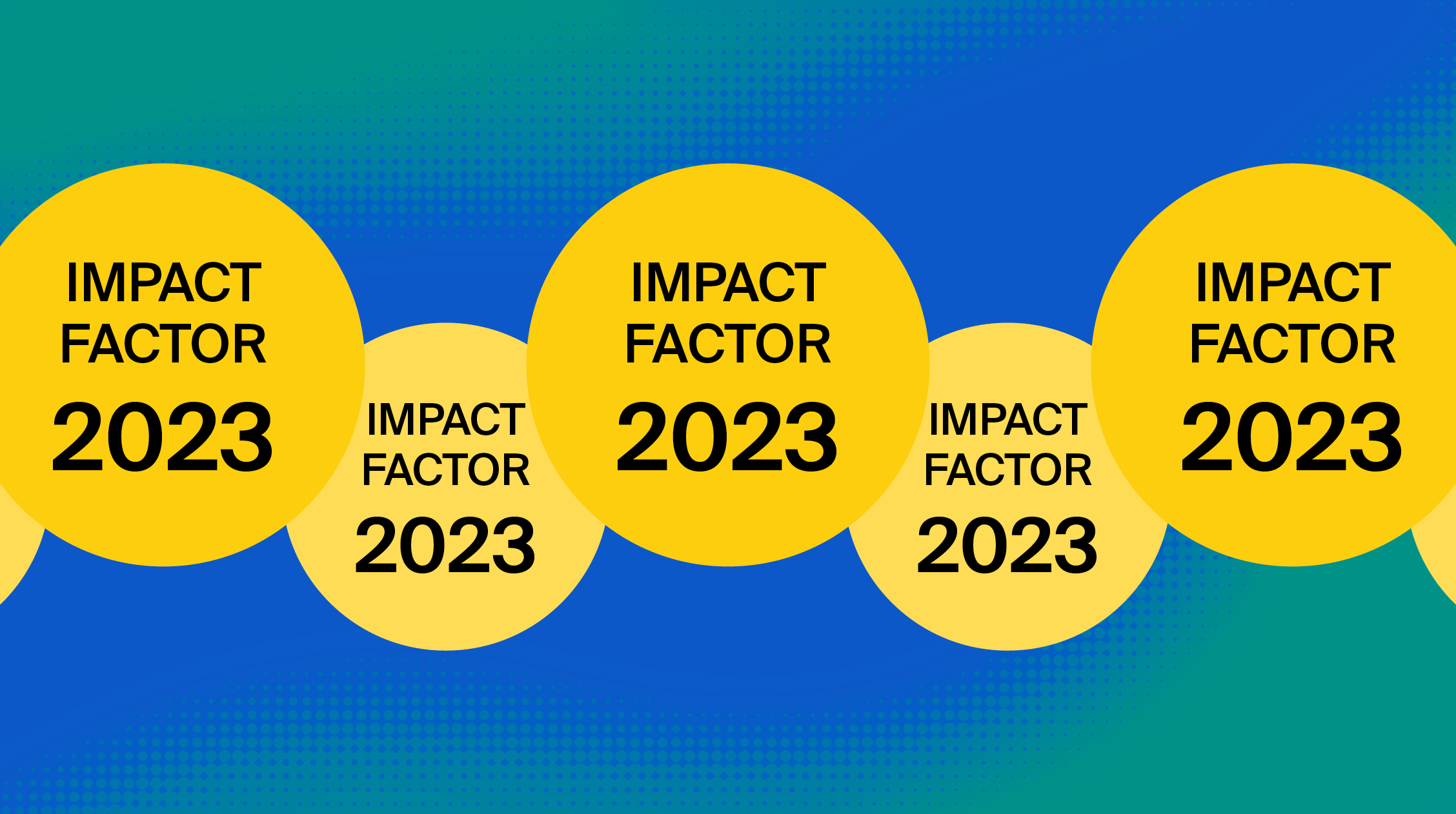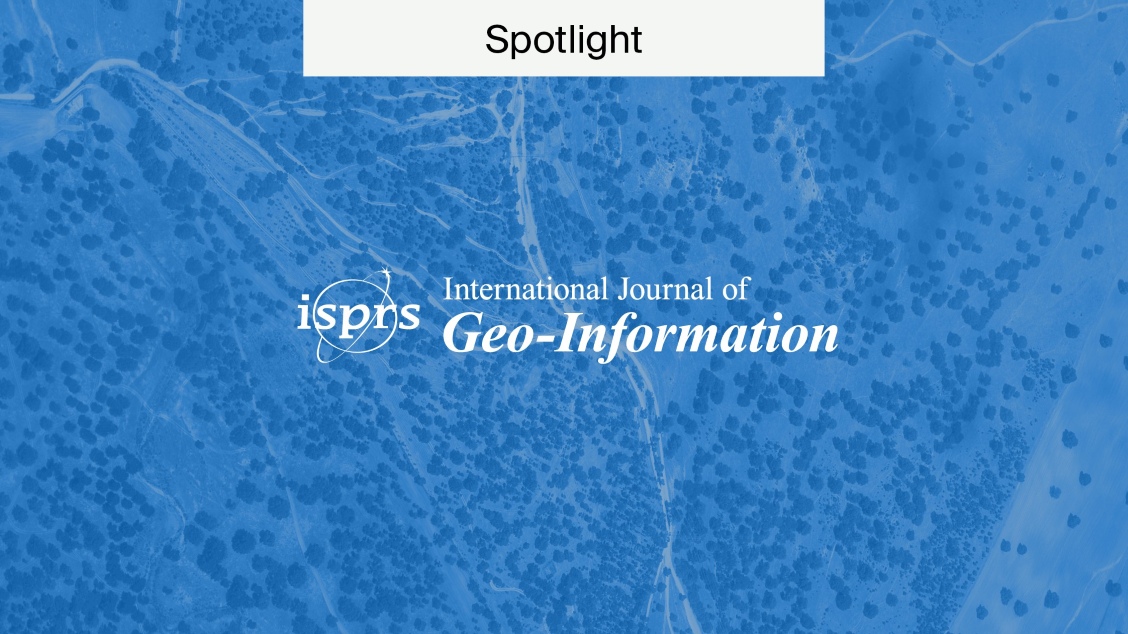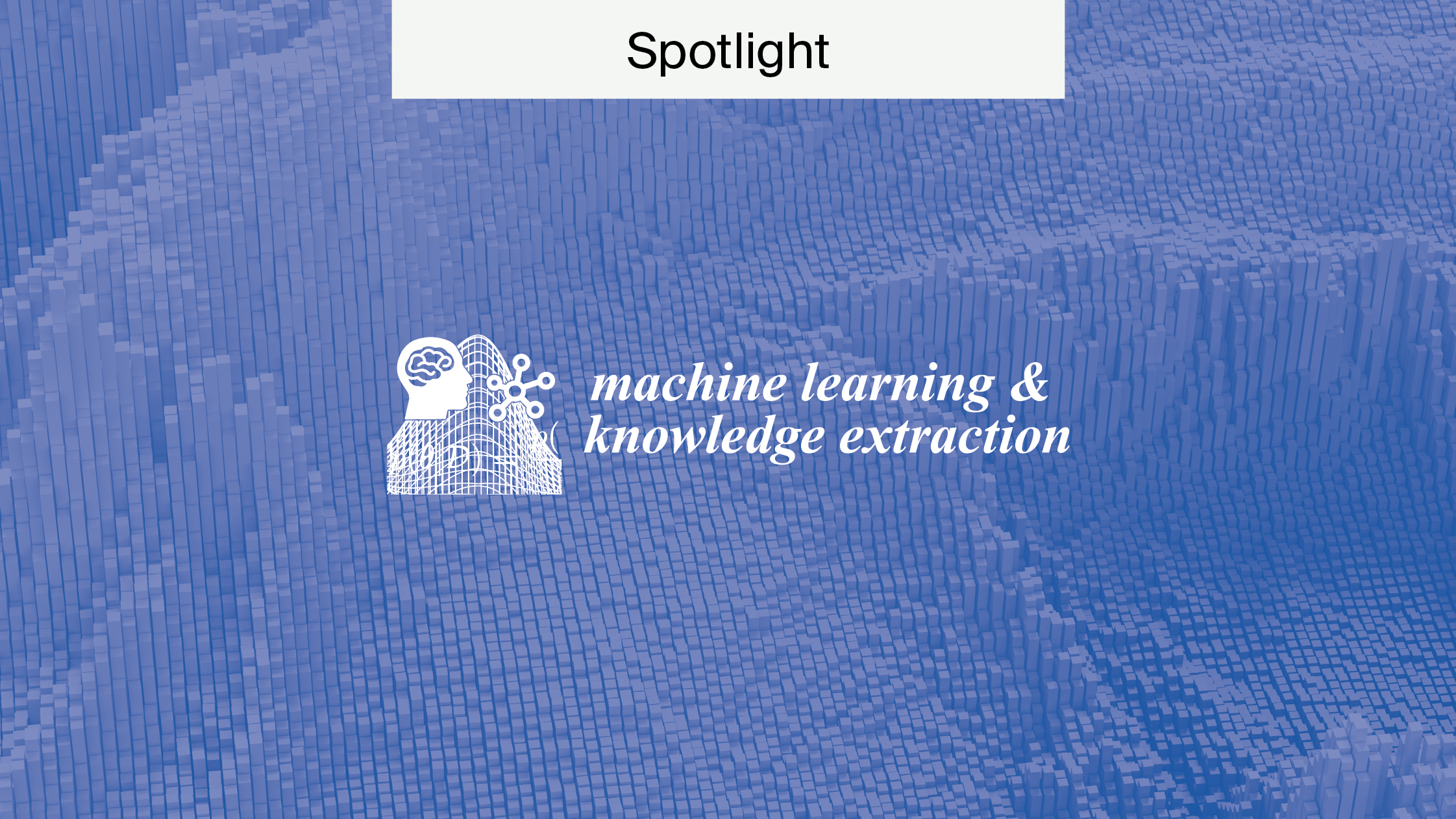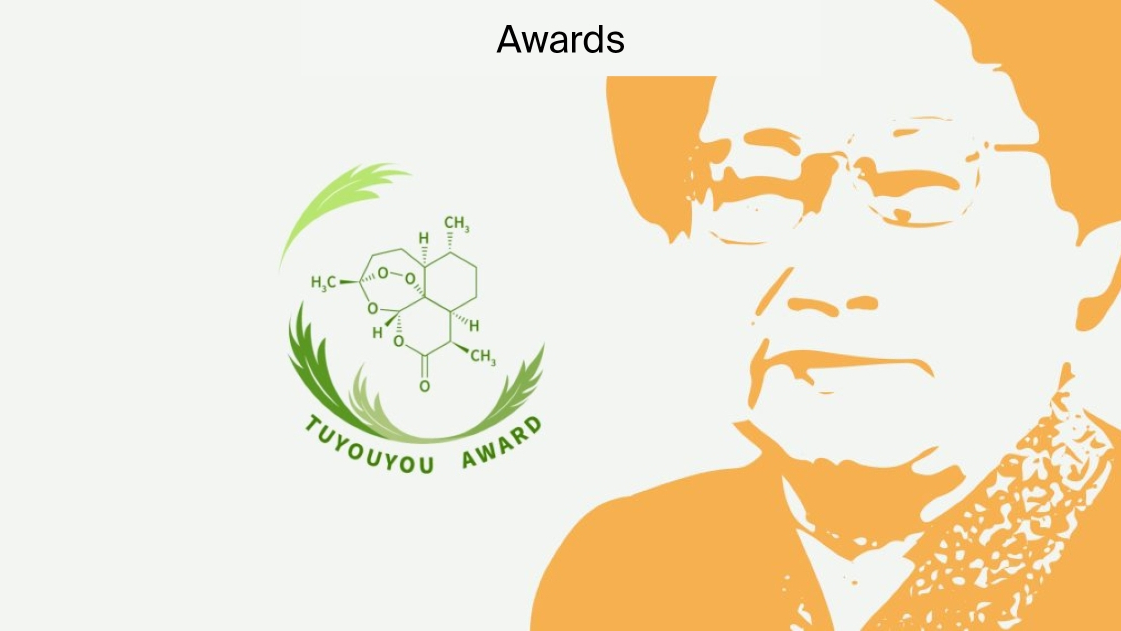
Emerging Engineering Journals are Making an Impact
The June 2024 update to Journal Impact Factors put a spotlight on emerging engineering journals that are publishing impactful research.
Here, we highlight how ESCI-indexed journals now receiving Impact Factors has highlighted some of MDPI’s young engineering journals and their strong Impact Factors.
Choosing a journal to publish your engineering research
Engineering involves designing, creating, and analysing technological solutions for a range of scenarios. It consists of many branches, sub-disciplines, and interdisciplinary approaches. Because of this, there is a huge number of journals to choose from.
When selecting a journal, researchers must consider various factors when deciding where to publish. Ensuring the journal’s scope and aims align with that of the research helps ensure that the right audience can access the paper. However, alongside the journal’s scope, to ensure the research is read, it helps if the journal has strong metrics.
Recently, MDPI asked the scientific community “Do you consider the Impact Factor of a journal when deciding where to publish your research?” A significant 78% of respondents confirmed that Impact Factor is a key criterion in their journal selection process. This highlights the importance of these metrics in the publication process.
Further, many researchers want to ensure that their research results are openly accessible, so they will prioritise publishing in an Open Access journal.
Therefore, scholars must balance various factors when deciding in which journal to publish. They must ensure their work meets their target audience, will have an impact, and, for many, is openly accessible to all.
ESCI-indexed journals receive Impact Factor ranks
Recently, we covered the updates to Journal Impact Factors.
As of 2023, Clarivate no longer provides separate rankings for the nine subject categories that are indexed in multiple editions. By editions, Clarivate is referring to the different citation indexes, like the Science Citation Index – Expanded (SCIE) and Emerging Sources Citations Index (ESCI). This means categories like Psychiatry, which had separate rankings for the SCIE and ESCI, will have a unified ranking.
By awarding Impact Factors to journals in the ESCI, research in emerging disciplines or is regionally specific will be recognised for its impact. This will boost researchers by recognising the vital work they are doing to advance their discipline or region.
MDPI’s emerging engineering journals
When establishing a new journal, it is important to ensure there are efficient publishing processes and robust editorial support as these increase the likelihood of it being indexed. Our newly launched journals typically achieve coverage in the Emerging Sources Citation Index (ESCI) of the Web of Science within just a few years, with a median time of only three years from release to inclusion.
MDPI has a portfolio of over 440 journals, 237 of which have Impact Factors. This diverse selection is a result of us seeking to expand into new areas and ensure researchers can find a home to publish their research openly.
Currently, MDPI has 114 journals related to engineering fields, 68 of which have Impact Factors. With ESCI journals receiving scores, MDPI’s younger journals have come into the spotlight for the brilliant work they are doing.
Let’s explore some of MDPI’s emerging engineering journals to see why they’ve received recognition.
Smart Cities
Smart Cities is an Open Access journal that publishes research on the science and technology of smart cities. It seeks contributions that focus on the analysis and assessment of smart city development and management regarding city design, governance, and policy implementation.
The journal has an IF of 7.0 and a CiteScore of 11.2. It ranks as Q1 in Engineering, Electrical and Electronic (JCR) and Q1 in Urban Studies (CiteScore). It has achieved all this since its establishment in 2018.
The Editor-in-Chief of Smart Cities, Prof. Dr. Pierluigi Siano reflected on the recent results:
We’re thrilled with the recent JCR results and the highest MDPI Impact Factor we’ve achieved. This milestone highlights the hard work of our entire team, from the editorial staff to the reviewers and contributors.
He feels that “the key factors behind our success include the adopted rigorous peer-review process and dedication to publishing high-quality research”. When asked what he thinks the new IF will result in, he said “we expect to see a rise in submissions from top researchers and a broader readership”.
Drones
Drones is an Open Access journal that publishes research on the design and applications of drones. These include unmanned aerial vehicles (UAVs), unmanned aircraft systems (UASs), and remotely piloted aircraft systems (RPASs), among others.
The journal has an Impact Factor of 4.4 and a CiteScore of 5.6. It ranks as Q1 in Remote Sensing (JCR) and Q1 in Aerospace Engineering (CiteScore). Since it’s first issue in 2017, it has published 1811 papers.
We spoke to the Editor-in-Chief of Drones, Prof. Dr. Diego González-Aguilera about the recent JCR results:
I am extremely pleased with the recent JCR results and the Impact Factor that our journal Drones has achieved. This is clear evidence of the hard work and dedication of our editorial team, reviewers, and contributors. It reflects the quality and relevance of the papers published, as well as our commitment to maintaining high academic standards. Achieving this year the indexation in Q1 is a significant milestone, and it reaffirms our position as a leading journal in our field.
Clean Technologies
Clean Technologies is an Open Access journal that publishes research on technology development that aims to reduce the environmental impact of human activities. It aims to provide a forum to display advances in the development of sustainable technologies that reduce environmental pollution and resource consumption.
The journal has an Impact Factor of 4.0 and a CiteScore of 6.1. It ranks as Q2 in Engineering, Environmental (JCR) and Q1 in Environmental Science (miscellaneous) (CiteScore). It has achieved all this since its establishment in 2019.
The recent success of Clean Technologies reflects its rigorous peer review process and its commitment to publishing high-quality research in its field. It will continue to maintain and refine its processes to further establish its place in its field.
Publish your engineering research
As part of our commitment to advancing academic research and providing high-quality Open Access publishing, MDPI actively seeks new research areas to expand our distinguished portfolio of journals. Our journals’ successes in their early years are driven by our diverse and global workforce and strong editorial processes.
This is evident in the recent successes of our journals that are indexed in the ESCI and received recognition for the first time. Particularly, our engineering journals stood out as excellent places to submit research in emerging fields.
MDPI will continue supporting researchers across disciplines. See our full list of journals if you are considering submitting research.










